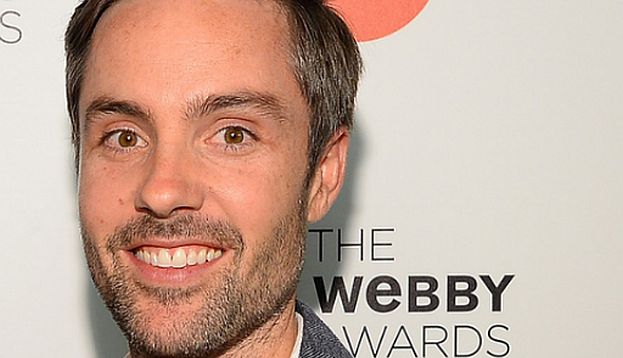Even though developers can make a gaming hit out of nowhere with the right development prowess, Dots CEO Paul Murphy believes that an approach when it comes to applying the right stuff to a brand could go a long way into making a big game release even bigger.
Murphy recently supplied an opinion piece to GamesIndustry International, discussing the several aspects that go into finding the right brand approach for games.
“TwoDots upended a lot of what our players had come to expect from our original mobile game, Dots,” said Murphy. “We added new game features – crafted levels, new characters, new items, new obstacles. We took some other features – certain game modes – away. We changed the model to a more traditional F2P, and we shouldered some light criticism for doing so.
“I honestly don’t think any of those decisions on their own have had or will continue to have much of an impact on the success of the Dots franchise,” he continued. Those are bullet points. Few people look back on a single gaming experience, competing in the mind with a hundred others, and fondly remember, ‘ahh, new play and monetization features.’
“As a developer, of all the assets you’ll create for your game, your brand – the set of features, in-game and out, which uniquely distinguish your creation – is perhaps the only one with the potential to really endure,” he said.
Later on in the article, Murphy touched on the importance of questions that need to be answered in a game’s development. “There are any number of examples we could use, but building a brand through development often comes down to the same core question: how can the work you’re doing now be capitalized on later ” he said. “Your game isn’t ready yet – but is it ready enough to begin an outreach campaign You may be struggling to get your game out on one device now, but what platforms might this experience thrive on a year or two down the road You don’t need to have the movie pitch drawn out or anything, but be mindful about what licensing opportunities your choice of story or characters or artwork offers. Are there other products – even other developers – that your brand might align with through cross-promotion
“Again, I realize how antithetical a brand-focused approach appears to the pure image of making games for the sake of games. But if anything, it’s the least cynical game-making model. Because it recognizes intrinsically that players have an overwhelming number of choices with their time and money, that their tastes are fickle, that revenue will come and go. Building a brand is aspirational – it means finding some core emotional link to form a relationship around and prioritizing a sustainable, meaningful experience over time, even if it comes at the expense of short-term profit,” said Murphy.
More on the subject can be found at this link, and he brings up some points that developers may want to look at in the future.
Source: GamesIndustry International

